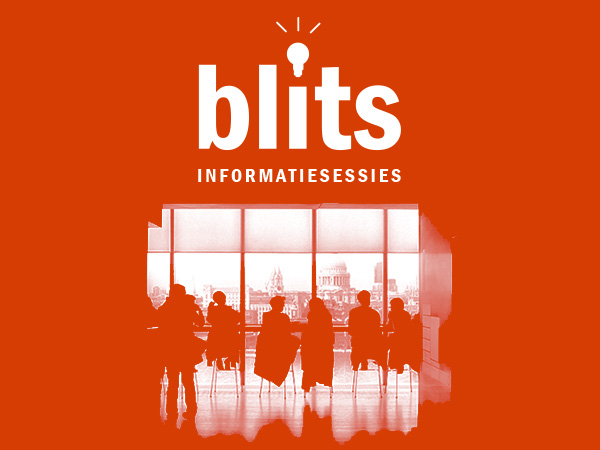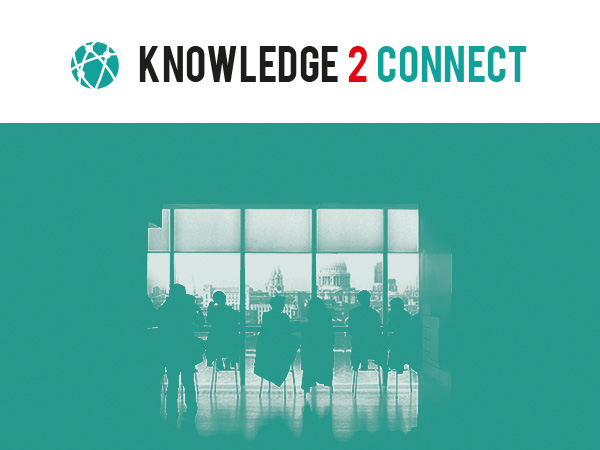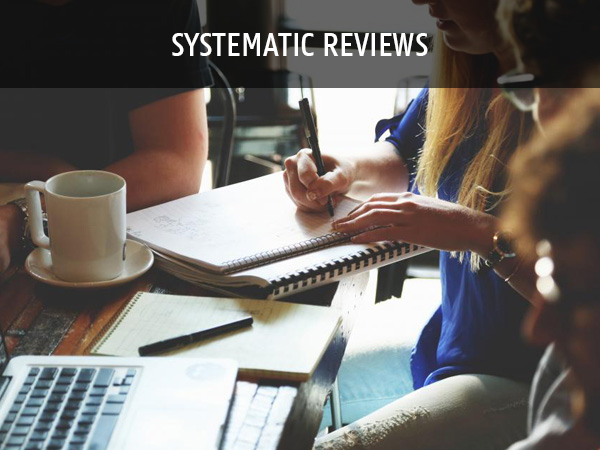Zoeken in CINAHL (Q&A-sessie)
Online course via Microsoft TeamsCINAHL – Cumulated Index to Nursing and Allied Health Literature – is een databank met wetenschappelijke literatuur uit tijdschriften over verpleegkunde en verwante disciplines. Tijdens deze sessie worden basisvaardigheden en -tips meegegeven over zoeken in CINAHL en de mogelijkheden die de databank biedt. Voor deze sessie vragen we je om op eigen tempo, voor de [...]
CINAHL
Do you want to explore the features of this database including nursing evidence? Do you have the feeling you can find too many or just too few scientific articles in CINAHL? Are the articles you find often irrelevant? Do you feel you are losing a lot of time in your literature search? Then do not [...]
Donations, Funds, Legacies and Chairs in Health Research: Strategy and Inspiring Best Practices [seminar in Dutch]
Online course via Microsoft TeamsAre you involved in research and interested in exploring opportunities for financial support through donations, fundraising, chairs, and legacies? The University Fund guides and advises on the possibilities to support research, education, and services at Ghent University. The team of the University Fund will illustrate the distinctions between donations, funds, chairs, and legacies through best [...]
Scopus
Online course via Microsoft TeamsDo you want to explore the features of searching in this multidisciplinary database? Then do not hesitate to enroll. Learning outcomes of the course Upon completion of this course, participants will have an understanding of which source is most suitable for which research question and goal, an understanding of stemming and lemmatization, the skills to [...]
Data publiceren in Zenodo en gebruik maken van de UGent Zenodo Community
Online course via Microsoft TeamsLeer meer over de Zenodo repository en hoe je publicatie van je data beter zichtbaar kunt maken via de UGent Research Data Community. Inschrijven is mogelijk om een bevestigingsmail met Teams-link te ontvangen in je mailbox (maar niet vereist): https://event.ugent.be/registration/blitszenodo De dag van de sessie kan je eenvoudig deelnemen via deze Teams-link.
Turn your manuscript into a publication: a toolbox for author
Online course via Microsoft TeamsEditors of (bio)medical journals today receive an overload of scientific articles. Articles that fit within the scope of the journal and comply with international standards in terms of reporting as well as the journal's regulations are eligible for peer review. During this introductory session, tips & tricks and a toolbox are provided to increase your [...]
AI for literature research
Online course via Microsoft TeamsExplore the world of AI tools for literature research during our interactive information session! What is ChatGPT and what are the do's and don'ts when using this tool to support your literature research? Discover other valuable AI tools that can enrich your research. These questions are central to our session, where we highlight the AI [...]
Ovid MEDLINE
Online course via Microsoft TeamsDo you want to explore the additional features of searching in Ovid MEDLINE instead of PubMed? Do you want to prepare yourself for an international career where this interface is used much more frequently? Then do not hesitate to enroll. Learning outcomes of the course Upon completion of this course, participants will have an understanding [...]
Wetenschappelijke Integriteit
Online course via Microsoft TeamsWetenschappelijke integriteit won de laatste jaren opnieuw aan media-aandacht. Wat houdt dat precies in? En wat is het verschil tussen wetenschappelijke integriteit en ethiek? Integriteit omvat al wat te maken heeft met de kwaliteit van de uitvoering van wetenschappelijk onderzoek en haar resultaten. Ethiek gaat over waarden en normen en is als ruimere dimensie zodus [...]
Predatory practices in academic publishing, focused on health sciences
Online course via Microsoft TeamsEvery researcher who wants to publish research results, faces so called predatory publishing. These are publication venues that claim to be legitimate scholarly open access journals, but misrepresent their publishing practices. Because there is a wide spectrum from genuinely fraudulent and deceitful practices to questionable and unethical practices, we rather speak of predatory practices instead [...]





